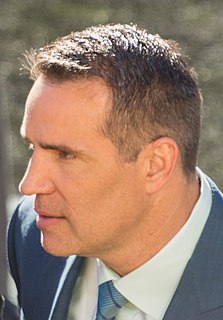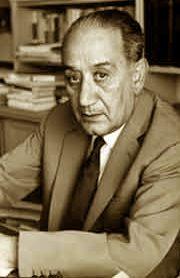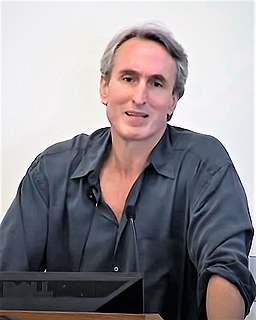A Quote by Ronald Fisher
Although no explanation can be expected to be satisfactory, it remains a possibility among others that Mendel was deceived by some assistant who knew too well what was expected. This possibility is supported by independent evidence that the data of most, if not all, of the experiments have been falsified so as to agree closely with Mendel's expectations.
Related Quotes
I thought that I had found something new. But then I convinced myself that the Abbot Gregor Mendel in Brünn, had, during the sixties, not only obtained the same result through extensive experiments with peas, which lasted for many years, as did de Vries and I, but had also given exactly the same explanation, as far as that was possible in 1866.
Chief among our gains must be reckoned this possibility of choice, the recognition of many possible ways of life, where other civilizations have recognized only one. Where other civilizations give a satisfactory outlet to only one temperamental type, be he mystic or soldier, business man or artist, a civilization in which there are many standards offers a possibility of satisfactory adjustment to individuals of many different temperamental types, of diverse gifts and varying interests.
But something magical happened to me when I went to Reardan. Overnight I became a good player. I suppose it had something to do with confidence. I mean, I'd always been the lowest Indian on the reservation totem pole - I wasn't expected to be good so I wasn't. But in Reardan, my coach and the other players wanted me to be good. They needed me to be good. They expected me to be good. And so I became good. I wanted to live up to the expectations. I guess that's what it comes down to. The power of expectations. And as they expected more of me, I expected more of myself, and it just grew and grew.
We all think we’re going to be great and we feel a little bit robbed when our expectations aren’t met. But sometimes our expectations sell us short. Sometimes the expected simply pales in comparison to the unexpected. You got to wonder why we cling to our expectations, because the expected is just what keeps us steady. Standing. Still. The expected's just the beginning, the unexpected is what changes our lives.
[Theory is] an explanation that has been confirmed to such a degree, by observation and experiment, that knowledgeable experts accept it as fact. That's what scientists mean when they talk about a theory: not a dreamy and unreliable speculation, but an explanatory statement that fits the evidence. They embrace such an explanation confidently but provisionally - taking it as their best available view of reality, at least unil some severely conflicting data or some better explanation might come along.
One of the myths about the Internet of Things is that companies have all the data they need, but their real challenge is making sense of it. In reality, the cost of collecting some kinds of data remains too high, the quality of the data isn't always good enough, and it remains difficult to integrate multiple data sources.
What sets science and the law apart from religion is that nothing is expected to be taken on faith. We're encouraged to ask whether the evidence actually supports what we're being told - or what we grew up believing - and we're allowed to ask whether we're hearing all the evidence or just some small prejudicial part of it. If our beliefs aren't supported by the evidence, then we're encouraged to alter our beliefs.
Although a biologist, I must confess I do not understand how life came about... I consider that life only starts at the level of a functional cell. The most primitive cells may require at least several hundred different specific biological macro-molecules. How such already quite complex structures may have come together, remains a mystery to me. The possibility of the existence of a Creator, of God, represents to me a satisfactory solution to this problem.






































